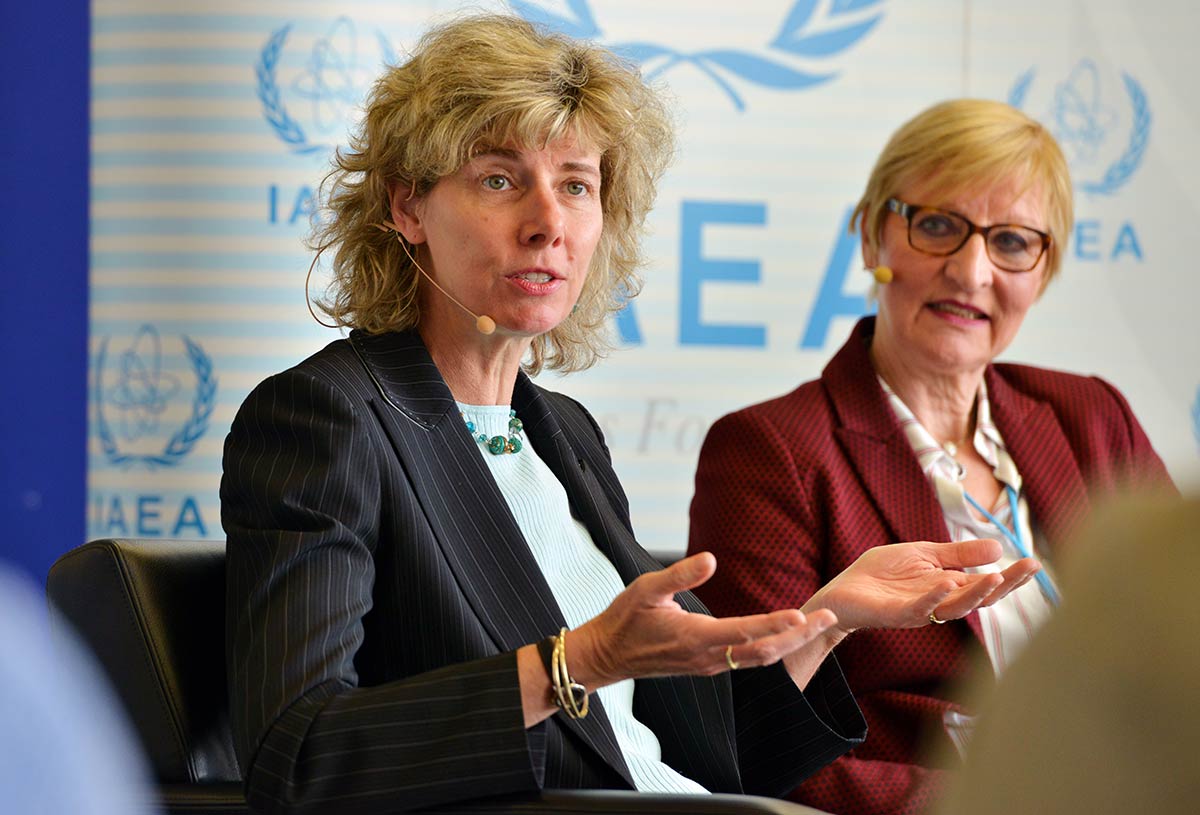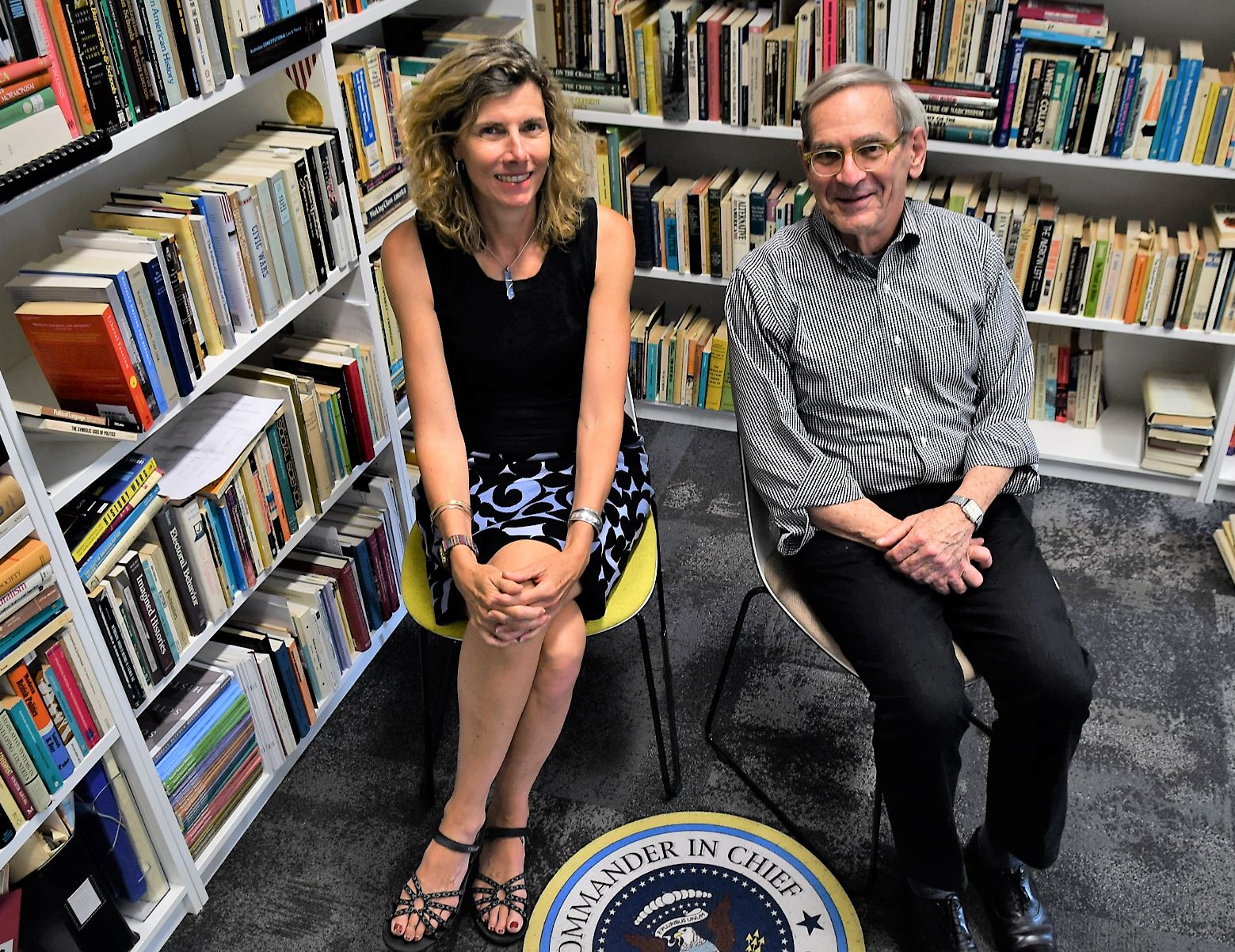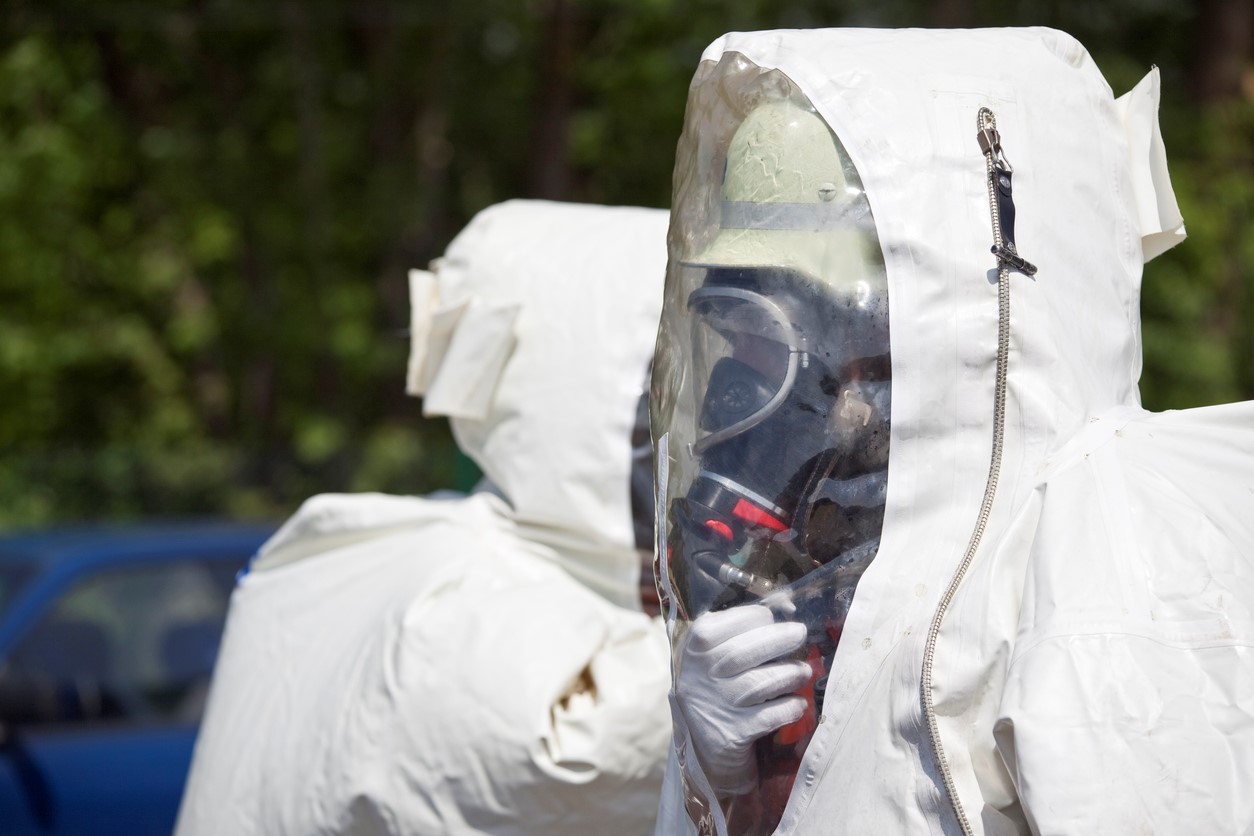
Nuclear waste disposal in Australia is on the radar of Allison Macfarlane, the new Fulbright Distinguished Chair in Applied Public Policy at Flinders University and Carnegie Mellon University Australia.
Professor Macfarlane, who is a US nuclear energy expert and former Obama Administration advisor, is involved with collaborative research in key policy issues that are important to both Australia and the United States.
The role is part of a continuing arrangement between Flinders University and Carnegie Mellon University Australia, in partnership with the Australian-American Fulbright Commission.
Professor Macfarlane will be resident at the Flinders University Centre for United States and Asia Policy Studies at the College of Business, Government and Law, and Carnegie Mellon in Adelaide until June 2018.
She will conduct research into nuclear waste disposal practices and policy throughout Australia, including assessment of the proposals handed down by the Nuclear Fuel Cycle Royal Commission in 2015.
As both a geologist and policy expert, Professor Macfarlane’s research has focused on nuclear proliferation, nuclear safety, the siting of nuclear waste facilities, and public engagement around nuclear technology.
Her prominent voice on nuclear issues led her to serve important public roles in the US, starting with the White House Blue Ribbon Commission on America’s Future from 2010 to 2012, a body created by the Obama Administration to recommend a new national policy on high-level nuclear waste.

As Professor of Public Policy and International Affairs from George Washington University, she also is director of the University’s Institute for International Science and Technology Policy.
She previously served as former President Obama’s Chairman of the US Nuclear Regulatory Commission Nuclear Regulatory (NRC), from July 2012 until December 2014, giving her ultimate responsibility for the safety of all US commercial nuclear reactors, for the regulation of medical radiation and nuclear waste in the US, and representing the US in negotiations with international nuclear regulators.
While in this role, she prioritised the geological and operational lessons learned from previous international nuclear reactor incidents, and focused on used nuclear fuel as more US nuclear power plants were being decommissioned.
Her term as chairman was deemed a success, for ensuring that the NRC implemented lessons learned from the tragic accident at Fukushima Daiichi Nuclear Power Plant in Japan, in March 2011.
“The American people can be confident that such an accident will never take place here,” she concluded.
Before accepting the NRC commission in 2012, Professor Macfarlane was an associate professor of environmental science and policy at George Mason University.
After leaving the NRC, Dr Macfarlane joined George Washington University in Washington DC.
She speaks comprehensively on a diverse range of topics, from women and science to nuclear policy and regulatory politics.
“Having Dr Macfarlane in South Australia is of great benefit to ensure focused research output on the critical area of nuclear waste disposal,” says Professor Don DeBats, head of American Studies at Flinders University.
“Her unique position of knowing both scientific and political aspects in great detail means that she can speak with authority about both sides of the nuclear issue, and bring great clarity to the policy discussion.”
Professor Macfarlane, who attended a Fulbright Gala Dinner at Parliament House in Canberra this week, will connect with other Fulbright scholars and alumni in Australia has part of her research with academics and learning institutions across Australia.
At the conclusion of Dr Macfarlane’s tenure in South Australia in June, she will deliver a public lecture on the outcomes of her research into Australia’s nuclear waste disposal issues.


